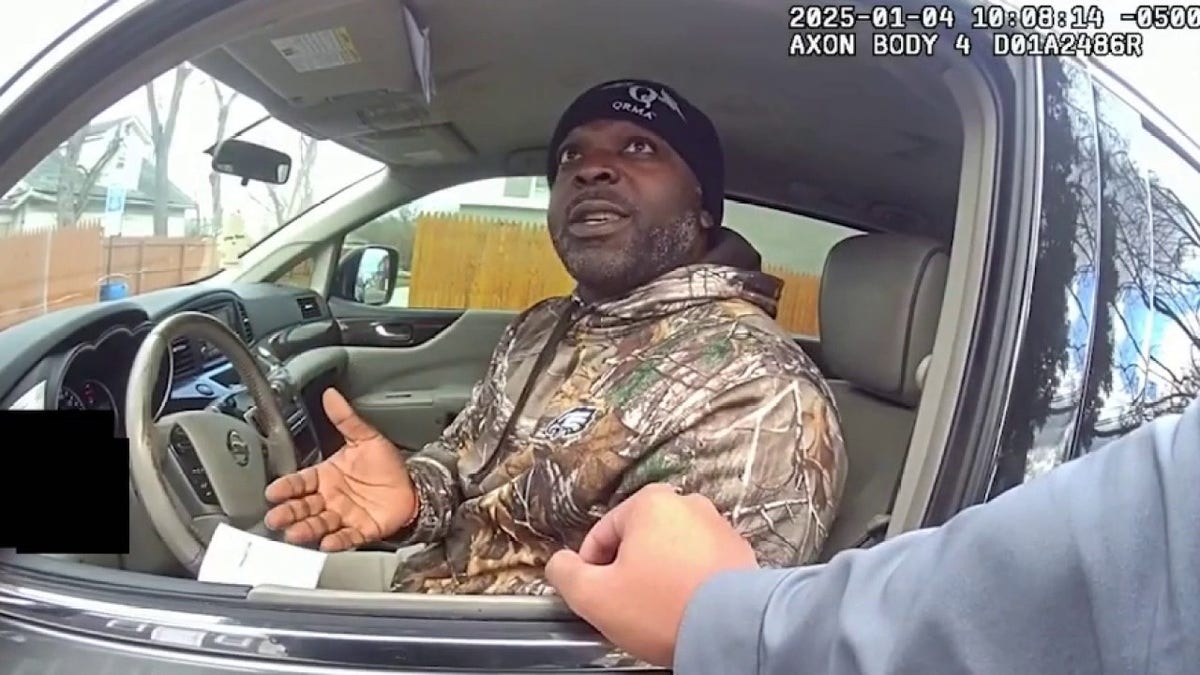Following weeks of deflecting questions and ambiguous statements, Senator Tommy Tuberville (R-AL) conceded on Tuesday that white nationalists are indeed racist. This brief but significant admission came after a routine luncheon with his Republican Senate colleagues, marking a departure from his previous stance in multiple interviews where he refrained from labeling white nationalists as racist.
Tuberville's earlier remarks sparked widespread criticism, particularly his response to a question about white nationalists serving in the military. In a May interview with Alabama radio station WBHM, while discussing perceived attacks on the military by Democrats, he stated, "They call them that. I call them Americans." He later claimed his words were misinterpreted, suggesting he was merely questioning the presence of white nationalists within the armed forces. He also attempted to link the term "white nationalist" to Trump supporters, asserting that Democrats unfairly label them as such.

In a more recent interview with CNN, Tuberville further muddied the waters by suggesting that white nationalism encompasses a range of beliefs, and that only if racism is one of those beliefs would he oppose it. When pressed by the interviewer who stated that white nationalism is inherently racist, Tuberville dismissed it as merely her opinion.
The Southern Poverty Law Center, a recognized authority on extremist groups, defines white nationalism as an ideology centered on the perceived inferiority of non-white individuals, with the ultimate goal of establishing a white ethnostate. They note a surge in white nationalist groups during Donald Trump's presidency.
Senate Majority Leader Chuck Schumer (D-NY) addressed the Senate on Tuesday morning, urging Tuberville to issue an apology. Schumer emphasized that the definition of white nationalism isn't subjective, highlighting its core tenets of racial superiority, segregation, and second-class citizenship for people of color.
While Tuberville eventually acknowledged white nationalists as racist in a brief exchange with reporters, he refused to apologize for his previous statements, instead suggesting that Schumer should be the one to apologize. Senate Minority Leader Mitch McConnell also weighed in, condemning white supremacy as unacceptable both within the military and across the nation.








